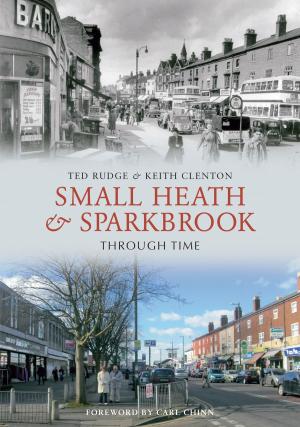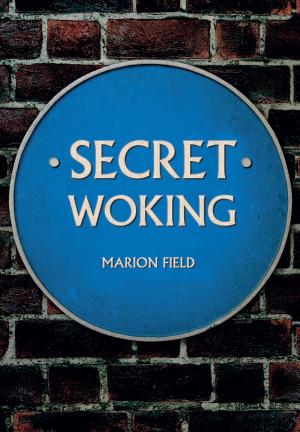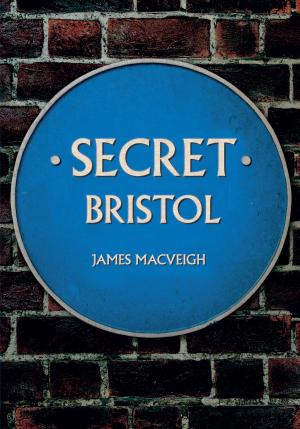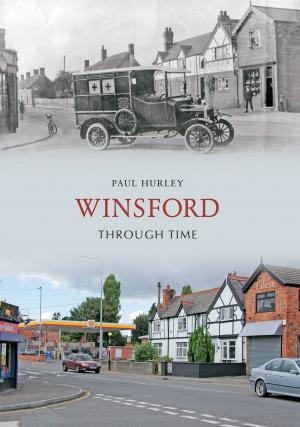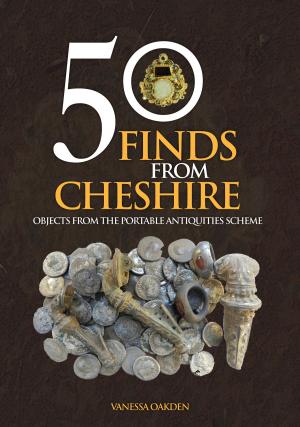Cambridge Main Line Through Time Part 1
Cheshunt to Audley End
Nonfiction, Reference & Language, Transportation, Railroads, History| Author: | Andy T. Wallis | ISBN: | 9781445624457 |
| Publisher: | Amberley Publishing | Publication: | November 15, 2012 |
| Imprint: | Amberley Publishing | Language: | English |
| Author: | Andy T. Wallis |
| ISBN: | 9781445624457 |
| Publisher: | Amberley Publishing |
| Publication: | November 15, 2012 |
| Imprint: | Amberley Publishing |
| Language: | English |
The railway at Broxbourne dates from 1840, and that at Bishop's Stortford from 1843; the rest of the line was running by 1845. A busy freight route up until the 1980s, it has seen large growth in the passenger business since electrification and the opening of the Stansted Airport branch. Recent investment by Railtrack and later Network Rail has seen resignalling south of Bishop's Stortford as well as providing new passenger rolling stock. This first volume takes a journey over the line from Cheshunt to Audley End, stopping at all the stations to view what has changed over the last 170 years. This main line is now principally a commuter route for journeys to London and Cambridge, and for people travelling to Stansted Airport. All the goods yards at the intermediate stations have now closed, except for a stone depot at Harlow Mill, and most of these have been turned into station car parks.
The railway at Broxbourne dates from 1840, and that at Bishop's Stortford from 1843; the rest of the line was running by 1845. A busy freight route up until the 1980s, it has seen large growth in the passenger business since electrification and the opening of the Stansted Airport branch. Recent investment by Railtrack and later Network Rail has seen resignalling south of Bishop's Stortford as well as providing new passenger rolling stock. This first volume takes a journey over the line from Cheshunt to Audley End, stopping at all the stations to view what has changed over the last 170 years. This main line is now principally a commuter route for journeys to London and Cambridge, and for people travelling to Stansted Airport. All the goods yards at the intermediate stations have now closed, except for a stone depot at Harlow Mill, and most of these have been turned into station car parks.



